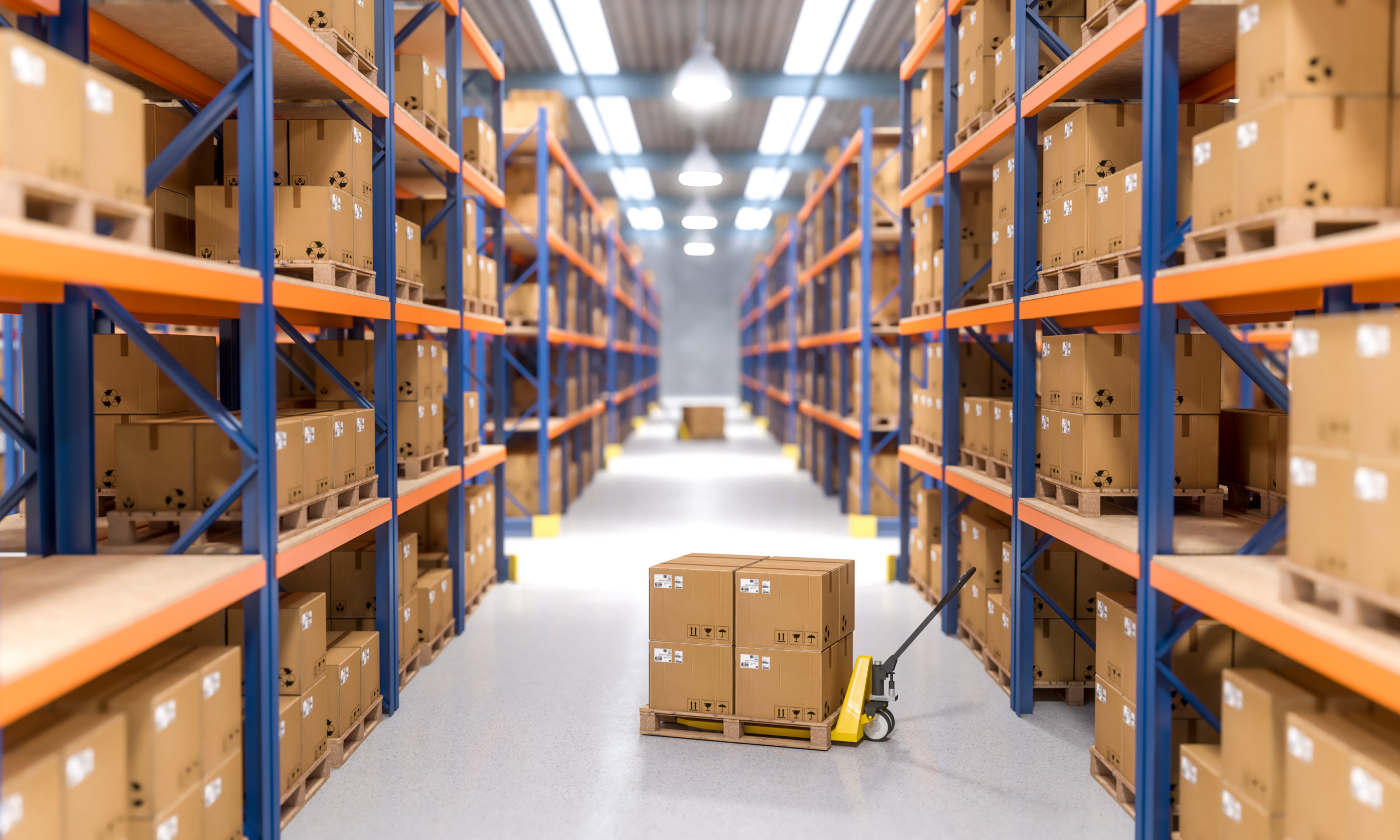Choose the Right Freight Forwarder for Ecommerce
For ecommerce businesses expanding into cross-border markets, choosing the right international freight forwarder is critical. A reliable freight forwarder not only ensures smooth and timely delivery of your goods but also helps you navigate complex customs procedures, optimize shipping costs, and maintain customer satisfaction globally. This article explores key factors to consider when selecting an international freight forwarder to support your ecommerce growth.

1. Understand the Role of a Freight Forwarder
Before choosing a freight forwarder, it’s important to understand their function. Freight forwarders act as intermediaries between your business and transportation services, managing the logistics of shipping goods internationally. Their responsibilities include:
- Arranging cargo movement via air, sea, or land
- Preparing and verifying shipping and customs documents
- Negotiating freight rates with carriers
- Providing cargo insurance options
- Coordinating storage and distribution if required
Freight forwarders simplify complex international shipping processes, enabling ecommerce sellers to focus on marketing and sales while ensuring fulfillment efficiency.
2. Evaluate Their Global Network and Coverage
The reach of a freight forwarder’s network determines your ability to serve diverse markets. Key evaluation points include:
- Do they have partnerships with major carriers in your target countries?
- Can they handle both imports and exports across multiple regions?
- Do they provide warehouse facilities or distribution centers overseas?
For example, if your ecommerce business is expanding into Southeast Asia and Europe, ensure your freight forwarder has strong networks in these regions to provide seamless end-to-end logistics.
3. Check Their Expertise with Ecommerce Logistics

Ecommerce logistics differs from traditional B2B freight due to:
- Higher order volumes with smaller individual packages
- Time-sensitive customer expectations
- The need for real-time tracking integrations with ecommerce platforms
Choose a freight forwarder experienced in handling ecommerce shipments, who understands SKU-level inventory, pick-and-pack operations, and direct-to-consumer fulfillment workflows.
4. Assess Customs Clearance Capabilities
Customs clearance is often a bottleneck in international shipping. A capable freight forwarder should:
- Have in-house customs brokers or strong partnerships with licensed brokers
- Understand customs regulations, import restrictions, and duties for your product categories
- Provide assistance in preparing accurate shipping documents (commercial invoices, packing lists, certificates of origin)
Failure in customs compliance can result in fines, delays, or shipment returns, affecting both costs and customer trust.
5. Evaluate Technology and Visibility Tools

Modern freight forwarding requires digital integration. Consider:
- Does the freight forwarder provide a user-friendly online portal for shipment booking and tracking?
- Can they integrate with your ecommerce platform or inventory management system for real-time updates?
- Do they use IoT or advanced tracking solutions for high-value or sensitive shipments?
PostalParcel, for example, integrates with freight forwarders offering API-based tracking and inventory sync, giving sellers full visibility into supply chain movements.
6. Compare Pricing and Contract Terms Transparently
Cost competitiveness is key in ecommerce. When comparing freight forwarders:
- Request clear pricing breakdowns, including fuel surcharges, handling fees, and destination charges
- Check for hidden costs such as customs clearance administration fees
- Understand their billing cycles, payment terms, and minimum volume commitments
Always balance price with service quality and reliability. The cheapest option may lack essential services that reduce total landed costs in the long term.
7. Check References and Reputation

Ask for references from businesses similar to yours or check industry reviews and testimonials. Key questions include:
- Are they responsive to inquiries and operational issues?
- How do they handle lost or damaged shipments?
- Do they proactively resolve customs or carrier delays?
Reputation in the freight forwarding industry is built on reliability, transparent communication, and customer-centric problem solving.
8. Ensure Flexibility and Scalability
Your ecommerce business will grow, so choose a freight forwarder that can scale with your needs:
- Can they handle seasonal spikes or flash sale order surges?
- Do they offer flexible solutions such as expedited shipping during peak seasons?
- Can they adjust routing or carrier selection to accommodate cost or delivery time requirements?
Conclusion
Choosing the right international freight forwarder is a strategic decision that impacts your entire cross-border fulfillment operation. By evaluating global networks, ecommerce expertise, customs capabilities, technology, pricing transparency, reputation, and scalability, you can partner with a freight forwarder that ensures your ecommerce business remains competitive in global markets.
Platforms like PostalParcel collaborate with vetted freight forwarders worldwide to integrate end-to-end logistics solutions for ecommerce sellers, ensuring seamless cross-border shipping, compliance, and fulfillment optimization. Investing time in selecting the right logistics partner today sets your business up for efficient growth and customer satisfaction tomorrow.
Industry Insights
news via inbox
Nulla turp dis cursus. Integer liberos euismod pretium faucibua








